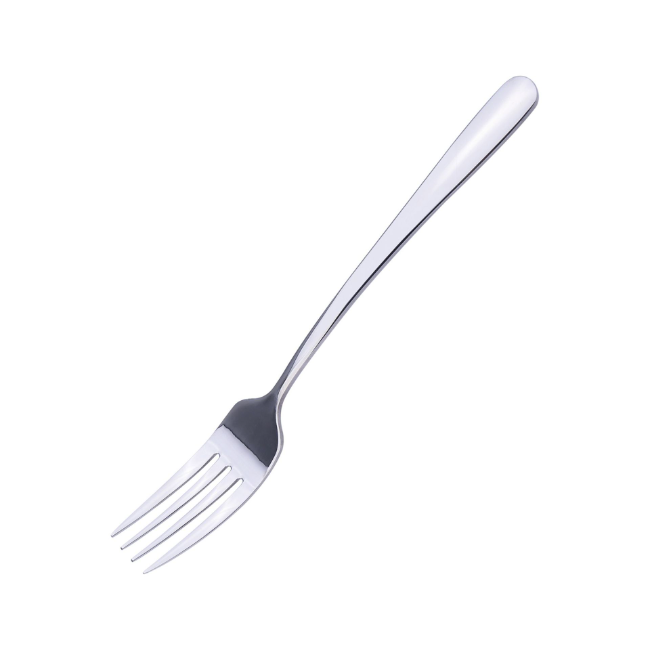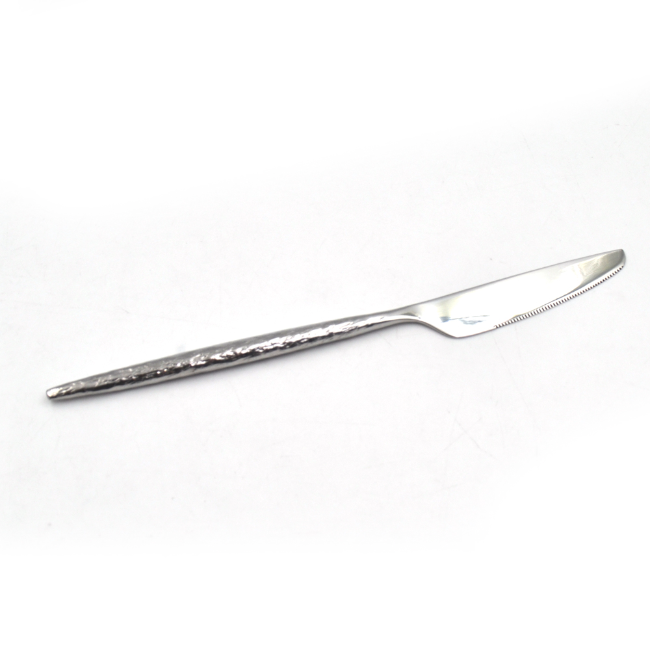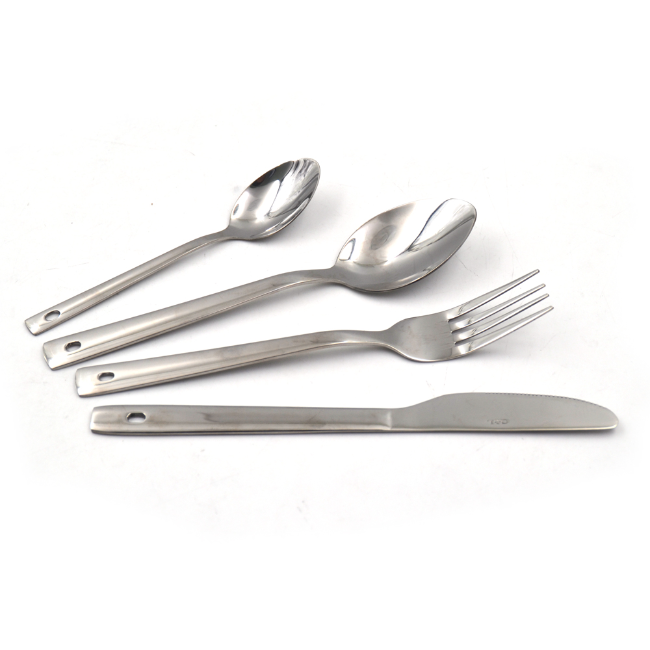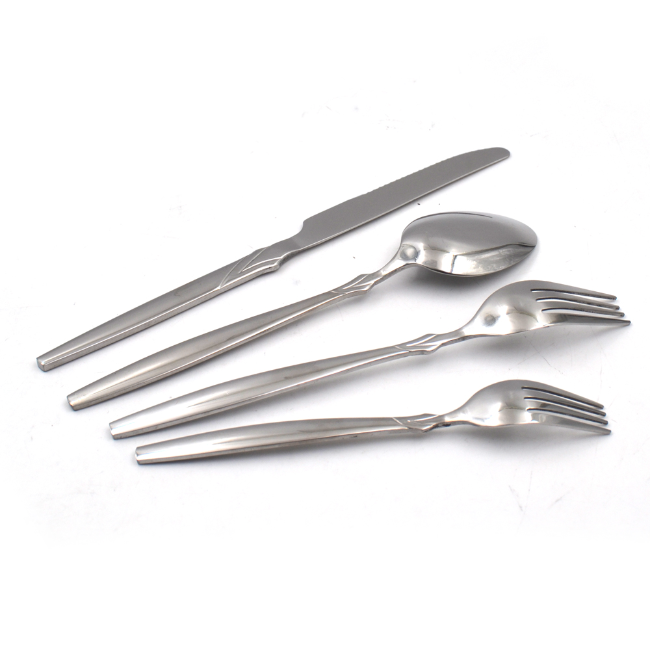
26 May
warum schmeckt das besteck aus der spülmaschine bitter
warum schmeckt das besteck aus der spülm...
warum schmeckt das besteck aus der spülmaschine bitter
Many households have experienced the unpleasant surprise of tasting bitterness after eating with freshly cleaned cutlery. The question “warum schmeckt das Besteck aus der Spülmaschine bitter”—why does cutlery taste bitter after dishwasher cleaning—is one that often reveals hidden issues in both cleaning routines and the quality of the utensils themselves. At Homefelt, a stainless steel manufacturing expert with over 30 years of experience, we focus on helping customers understand and prevent such issues while delivering premium-grade products that ensure food safety and dining satisfaction.
The metallic or bitter taste that sometimes clings to utensils often stems from two primary sources: dishwasher residue and chemical reactions on the cutlery surface. Detergents used in dishwashers contain strong chemicals that may not always rinse away completely, especially in older or overloaded machines. Residue can accumulate on the surface of your forks and spoons, particularly on lower-grade steel or worn finishes. This effect is commonly observed on aging products like wmf besteck ausgelaufene serien, which may no longer have the protective surface layer they once featured.
Additionally, the repeated heating and cooling process within a dishwasher can accelerate the formation of light surface rust. This besteck rost spülmaschine problem is subtle but significant, especially when the stainless steel is not sufficiently high-grade or if the dishwasher environment is particularly humid. While brands such as wmf philadelphia besteck set 12 personen 60-teilig are typically made to withstand frequent machine washing, users must still ensure proper placement, spacing, and cleaning cycles.
At Homefelt, we utilize high-nickel-content 18/10 stainless steel, known for its superior corrosion resistance and flavor neutrality. Unlike some mass-market alternatives, Homefelt utensils undergo advanced electropolishing processes that leave the surface smooth, non-porous, and resistant to flavor contamination. Our internal testing ensures that no metallic taste is transferred to food, even after hundreds of dishwasher cycles.
Another key factor is water hardness. Hard water can leave mineral deposits on your cutlery, which can trap soap residue or food particles. These minerals interact with stainless steel and intensify unwanted tastes. That’s why Homefelt includes usage instructions with every product and offers post-sale support to help clients improve their water-softening techniques or switch to milder, residue-free cleaning agents.
To eliminate bitter taste completely, it’s important to avoid overcrowding the cutlery basket. Proper spacing ensures thorough cleaning and rinsing. Also, consider occasionally handwashing high-end items like wmf philadelphia besteck set 12 personen 60-teilig to maintain their finish and remove any buildup. Regular polishing with a soft cloth also helps remove residue that might not be visible but can affect taste perception.
As a long-time partner to restaurants and hospitality clients, Homefelt understands the high standards required for hygiene and taste neutrality. Our cutlery is used in professional kitchens across the globe where flavor integrity is non-negotiable. Investing in Homefelt products means selecting tools that preserve the purity of food and elevate the dining experience.
So when asking warum schmeckt das Besteck aus der Spülmaschine bitter, the real answer lies in material quality, surface care, and proper maintenance. With expertly crafted utensils from Homefelt, you can eliminate bitterness and bring back the true taste of every dish.





